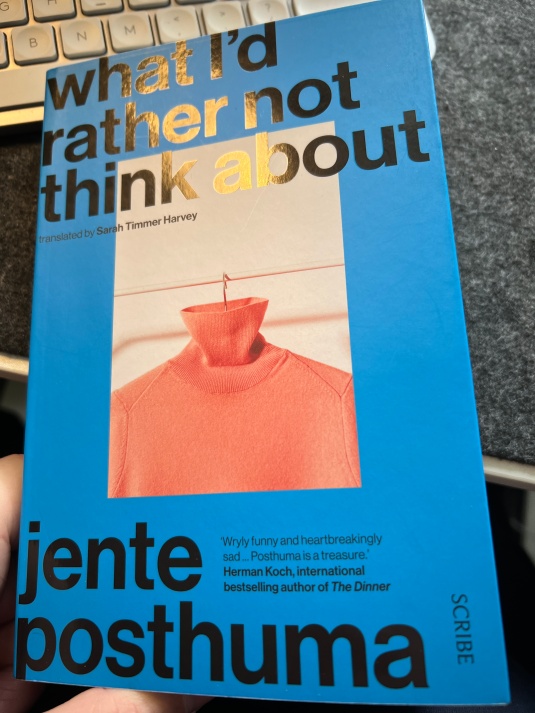The book of all loves by Agustin Fernandez Mall
Spanish fiction
Original title – El libro de todos los amores,
Translator – Thomas Bunstead
Source – subscription
I took out a small subscription to Fitzcarradlo as I had fallen behind with their books over recent years. They bring out a lot more than they first did. I ewas pleased this was one of the books from them I was snet as I have been a huge fan of Mallo’s Nocilla trilogy . He is a writer who likes to play with what a novel is and test the bounds of fiction. So his latest book to be translated into English is about love, but as ever, it is also about the world ending simultaneously. Only Mallo could work both these ideas into a novel. Maybe we have a future Nobel winner from the Nobel stable of Fitzcarraldo are gathering.
It is animals, not us, who live in the prison-house of language, because they are not able to leave and stand outside it and think about it. This is only because it is impossible for them to access the ideas that surround words.A dog never crosses a road, because it does not know what a road is. This, among other things, is why dogs get run over. It isn’t that the dog fails to look both ways before crossing, it’s that it does not possess the idea of a road.Its gaze is another gaze, its crossing is another crossing.Hence the fact that an animal cannot give or receive love either. It’s not that it doesn’t love, it’s that its love is other.
(Language love)
One of the love aphorisms
The book has several different streams to it. There is a series of aphorisms around love, such as independence, parcel, and language love, to name a few, as it runs through the book. Maybe love is all that is left, one wonders, as maybe that connects to the other story around something called the great Blackout, an apocalyptic event on earth with a single couple left. This is where we get the third stream of the husband of the couple and an earlier visit to Venice he had made. This is a mix of thoughts about love and what makes love. A past love of a place and visit to Venice, an Alexa machine while there all have the traits of Mallo’s other works, he likes recurrent themes like love, tech, and place and adds to that a couple surviving the end of the world you have a book that breaks the bounds of what fiction is. A book that need to be read to be captured fully
VENICE (1)
Month of June, first foor of a palazzo whose foundations stand below the waterline of Venice’s Misericordia Canal. There is a room, and a high window with views across the domes of St Mark’s Basilica and across a sea that will shift in colour throughout the day. There is also a woman – a writer — who, were she to look up, would be able to see all of this, but keeps her eyes down instead, tapping at the keys of a typewriter. Her typing produces slight movements in a small snow globe containing a miniature version of Venice to her right on the desk, raising a layer of snow up inside the globe, where it swirls before falling across the plastic city, and the writer goes on typing, and on, while outside, in the real Venice, the Venice of tourists and water and stone, the June humidity ushers in an early summer storm. Now, as the sequence she is working on grows in intensity, the table turns quivering fingerboard and the snow rises in the globe, and again it rises, once more hitting the tiny glass vault and falling on empty palazzos and waterless canals. The books and papers strewn across the desk, all of them on one single subject – love – receive these blows without so much as a flinch. Inside the globe, a snowflake has just landed on St Mark’s Square,
A long passage and the first remembering a trip by the husband to Venice
Mallo is a physicist I am always drawn to C P Snow and what he said about the two cultures of Humanties and Sccience he himself crossed these two cultures as he was a fellow scientist come writer. But what Malo has done is not only cross the lines between the two cultures, he has dragged the theory of Snow and thrown it in a blender by adding Calvino, Twitter, modern tech and scientific mind, also throwing in a touch of post-end of the worldness in for good measure and produced a book that only some like him could.I feel he is breaking the barriers of what fiction its and making us as readers work through this myriad of versions of love as we also witness the aftermath of the great blackout whilst also trying to remember a distant holiday with a few unusual things happening it like a waking dream of a wim wenders film it is like what he tried to do in Until the end of the world capture so much in such a small space. Have you read Mallo?
Winston score – A may be the first of next year Booker international books ?


















